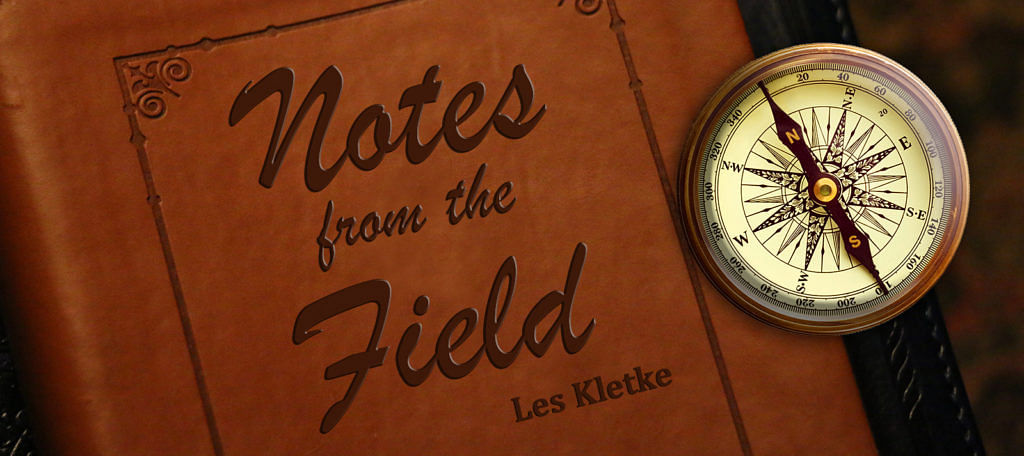
Few if any countries solicit the spectrum of emotions and memory that Austria
does for me. I cannot make a case for why, but it does and I will try to share the medley.
I remember being a youngster and seeing that image of the Canadian four-man
bobsled team winning gold at the 1964 Winter Olympics in Innsbruck. I was not a huge
fan of the Olympics, or a great fan of bobsledding but that one image of Canada’s win
had a huge impact on me, so my connection to Austria began.
Then on the trip to Germany in 1982 with the subsequent drive through the Alps
we happened on the Olympic site. This was like the trip to Mecca for me. I was at the site
where the Canadian team had struck gold nearly 20 years earlier, and it was pretty
doggone exciting!!
It was a few years later and I was writing a tractor column for a Western Canadian
agriculture paper when I happened upon a family that had emigrated to my home
community of Rosenfeld and brought their tractor with them from Austria. I found that
extremely interesting because in my opinion there was absolutely nothing wrong with
North American tractors. Most anything was available in the Red River Valley and yet
this family had chosen to bring their tractor with them. It made for an interesting story,
especially since they had left their farm in Austria with a recording studio in a
transformed barn, and made the move to Manitoba.
I was not yet done with the Austrian connection—when I was completing my
Nuffield Scholarship in Europe in 1995 one of the trips was to Austria and the seat of the
European Union Parliament. My area of study was the Common Agricultural Policy and
the impact it was having on agriculture in terms of production and markets, as well as the
affect that increased support of prices for farmers had on consumer food prices.
Brussels was the seat of power and provided a great opportunity to see first hand
not only the decision-making mechanism, but also the industry that had grown around it.
This was a time when England’s entry to what had come to be called the Common
Market had evolved into the European Economic Union. It was at its high and still
celebrated, long before Brexit had been conceived.
As scholars we were fortunate enough to have one of the Members of Parliament,
a Nuffield Scholar himself, invite us to the floor of the Parliamentary Chamber and pose
for a picture or two at his desk. (These photos were lost with the theft of my bags at the
end of my scholarship.)
At this time, expansion of the EEU was being planned and discussion revolved
around how Eastern European countries would be allowed entry, how support levels for
the former Soviet countries would work, and who would pay the bill.
These were the kind of political issues that you would expect from a body that
claimed the membership it had, but even more of a surprise was the industry that had
grown around it. The organization had 12 official languages so that meant everything was
done in duodecimal. The number of trees that were being killed for the paper needed to
supply this monster was amazing, and the sloth-like speed was equally impressive.
My impression was that the greatest impact of the EEU was the employment it
brought to the city it was based in, policy seemed almost secondary to feeding the beast
to keep it working on more translations and more regulations.
The most practical bit of information I came away with from the Nuffield trip to
Vienna was about food and drink. A further tribute to Nuffield Scholars: not only are they
focussed on their areas of study but willing to accept new ideas.
Our guide for this portion of the trip was a young lady named Alex who I believe
was originally from Scotland but now worked in Austria.
Alex made us aware of the Austrian tradition of Pomme Frites and mayonnaise!
Who knew that mayo could be a suitable accompaniment for French Fries? Obviously the
Austrians, and Alex was the person fate had chosen to introduce us as avid recipients of
the new delicacy.
One more lesson that stays with me from Austria is their appreciation of beer and
the importance of serving it in the right glass. They do it better than any country I have
visited and consistently, not just the occasional bar but most pubs and we did what I
would call extensive research.
I will not go into detail about the value of a tulip shaped glass for a specific lager,
or a stein for an ale, but suffice it to say it is something to appreciate and a tradition that I
brought back from Austria and offer in my home.
